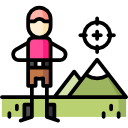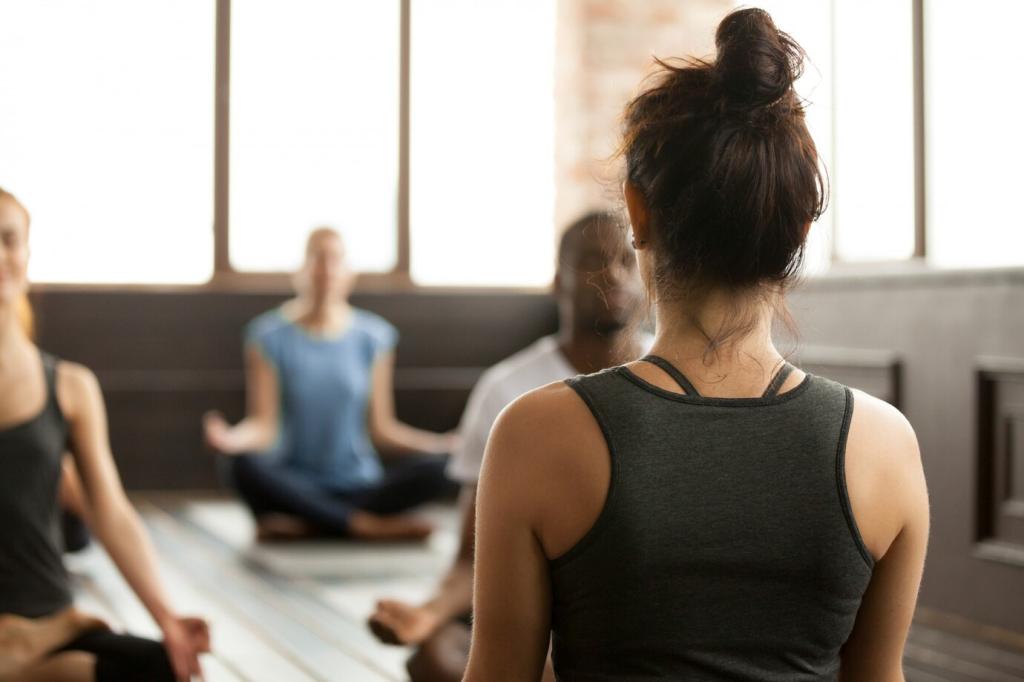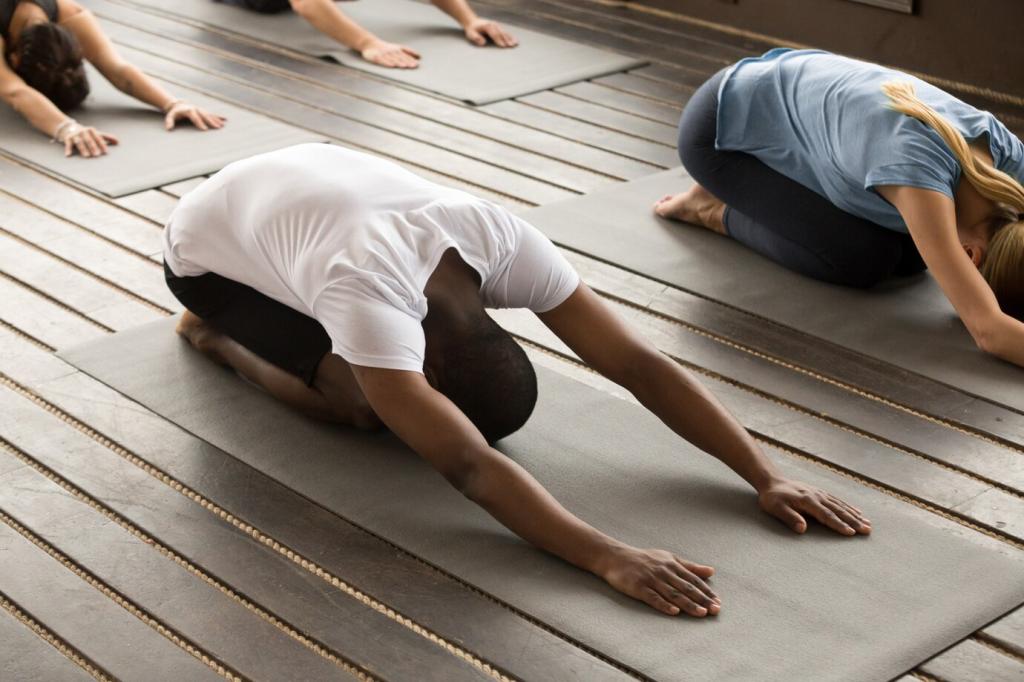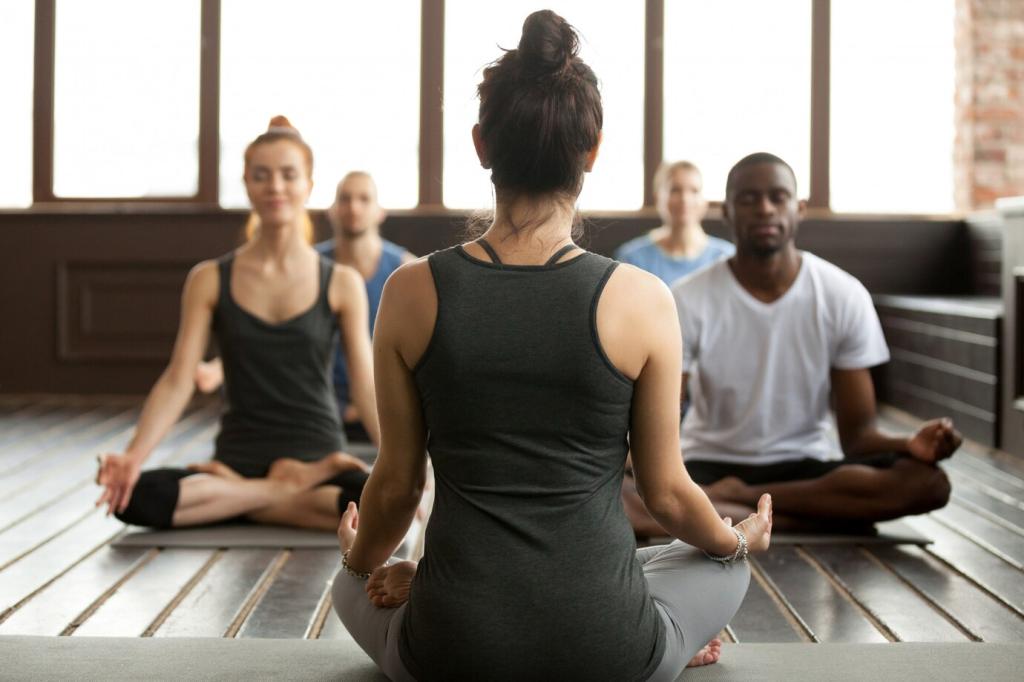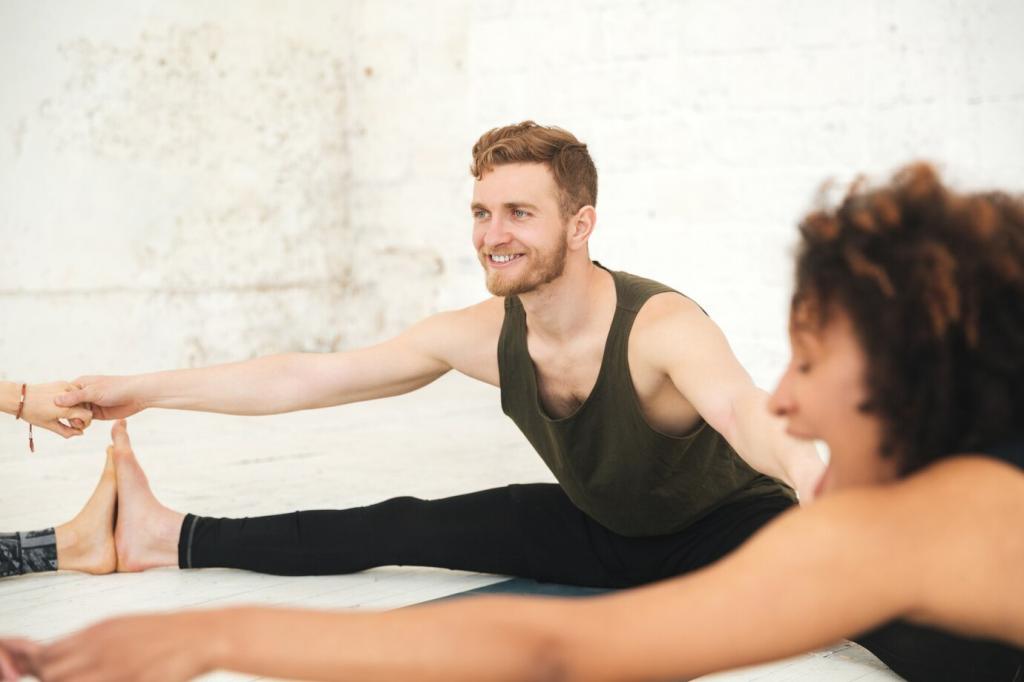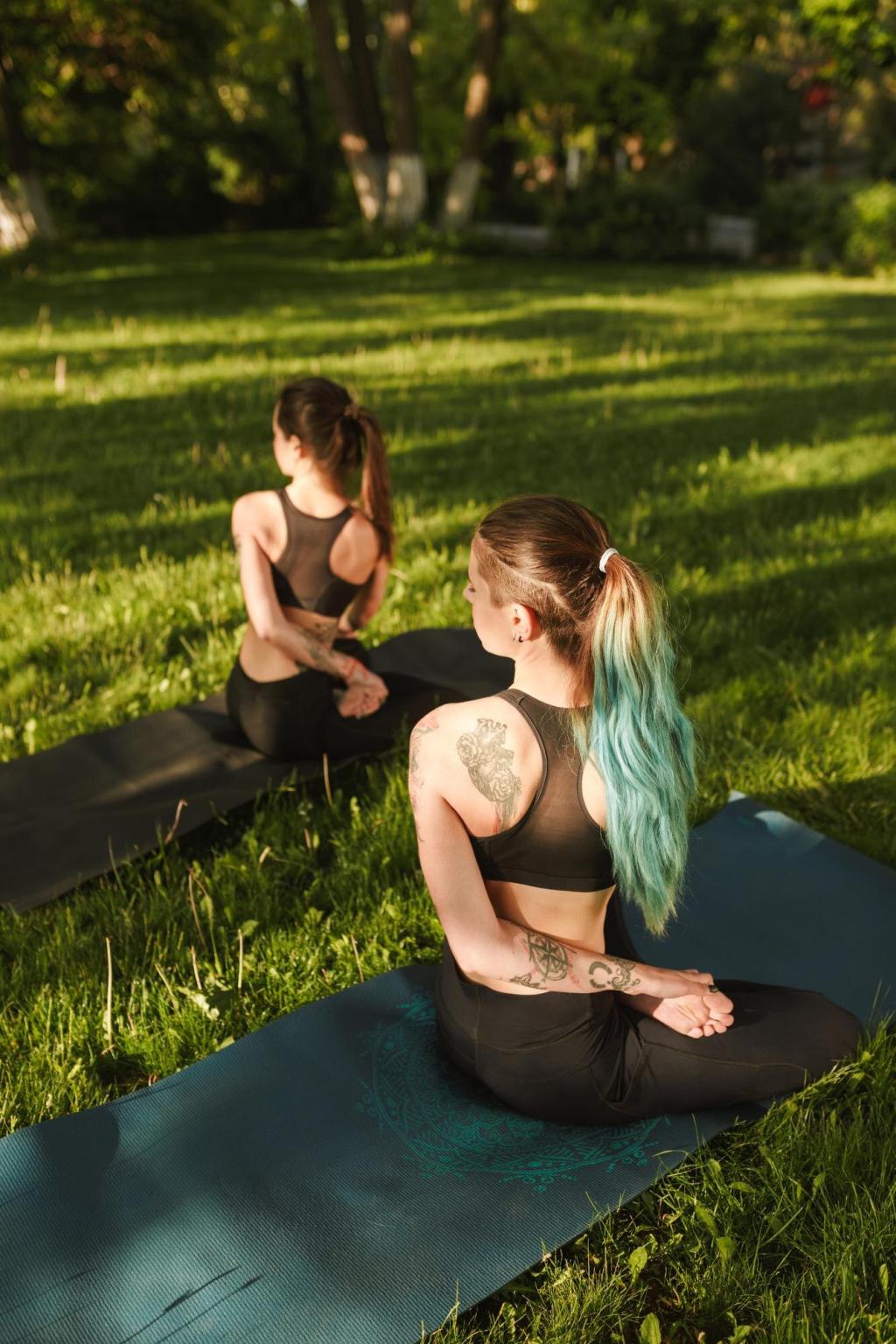Choosing the Right Beginner Retreat
Look for quiet environments, clear daily plans, and downtime between classes. If travel stresses you, consider somewhere closer and shorter. Natural spaces—forests, coasts, mountains—can amplify calm, but simplicity and steady guidance matter more than dramatic scenery.
Choosing the Right Beginner Retreat
Seek retreats that name beginner tracks, gentle flows, restorative sessions, and foundational workshops. Read how teachers adapt poses and invite rest. If descriptions sound fast or competitive, keep looking; beginner-friendly language signals a supportive learning environment.
Choosing the Right Beginner Retreat
Check whether the retreat accommodates dietary needs, mobility considerations, and cultural sensitivity. Transparent communication about inclusivity matters. A retreat that honors your body and background makes learning safer, kinder, and more sustainable from day one onward.
